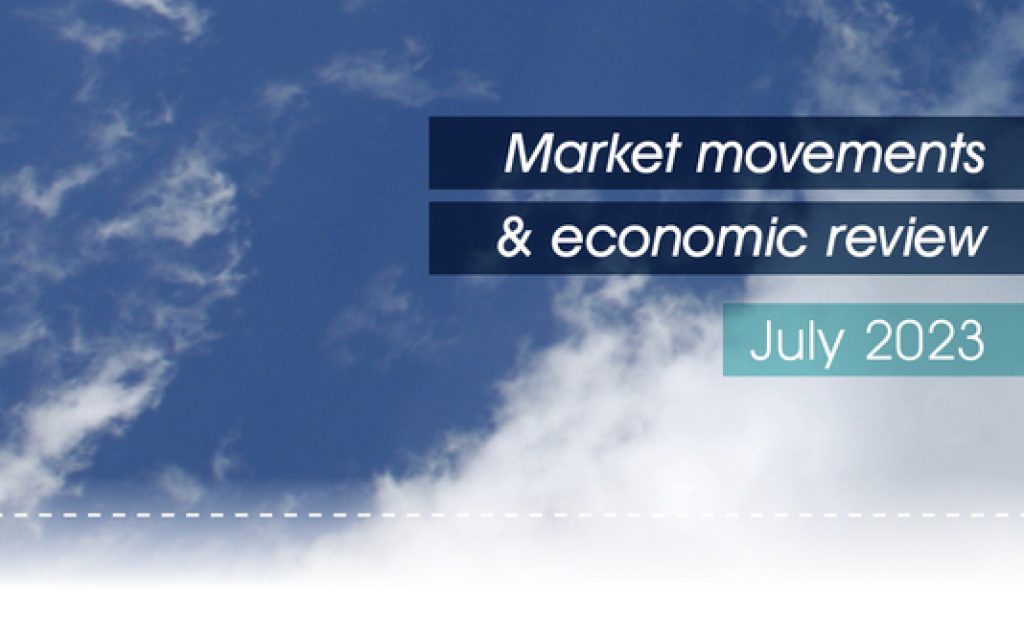Salary sacrifice to cut tax and boost your super

This time of year, people’s thoughts start turning to their tax return, but it can also be a good time to set things up so you don’t pay more tax than required next financial year.
Simply talking to your employer about setting up an arrangement to “sacrifice” some of your pre-tax salary could potentially lower your tax bill – and boost your retirement nest-egg.
Reducing your tax bill
A salary sacrifice arrangement simply involves coming to an agreement with your employer to pay for everyday items or services you would normally pay for out of your after-tax salary directly from your before-tax salary. This might include things like childcare, health insurance or super. The benefit is that this reduces the level of income the ATO uses to calculate your tax bill.
If you set up a salary sacrifice arrangement with your employer, it’s important to understand that while your taxable income is lower, the benefits are still listed on your annual payment summary. For some people, this reduces the tax offsets, child support payments or other government benefits they receive, limiting the value of salary sacrifice.
Salary sacrificing options
The items or services you can pay for using salary sacrifice depends on your employer.
Some employers let their employees salary sacrifice for expenses such as cars, health insurance, school fees and home phones. Others are not prepared to do this, as they may end up paying Fringe Benefits Tax (FBT) on the benefits you receive.
Employers are usually more willing to allow you to package FBT-exempt work-related items such as portable electronic devices, computer software, protective clothing or tools of trade, as these generally don’t result in FBT bills.
Boost your super account
One of the most popular forms of salary sacrifice is redirecting some of your pre-tax salary into your super fund. Most companies are willing to provide this option as it not only helps you build retirement savings, but it can also earn them a tax deduction.
When you salary sacrifice into your super, your contributions are taxed at 15 per cent when your super fund receives the money. For most people this is a lower tax rate than if they received the money as normal income.
A further bonus with salary sacrificing into super is you only pay 15 per cent on any investment earnings you receive inside super, instead of your marginal tax rate for investments held outside super.
Find out what’s on offer
If you’re interested in a salary sacrifice arrangement, it’s a good idea to discuss the subject with your employer or HR team to find out the company’s policy.
It’s also a good idea to talk to us, as the value of these arrangements needs to be weighed up carefully against your reduced take-home pay and the potential loss of government benefits.
These arrangements should be put in writing before you earn the income you are sacrificing, so you need to talk to your employer prior to the start of the new financial year if your salary will change from 1 July.
Tips for employers
Allowing your employees to salary sacrifice can help them reduce their tax bill and it boosts engagement with your business. Another overlooked benefit is if your employee salary sacrifices into their super, you can claim a tax deduction for their contributions, as they are considered employer contributions.
To do this, you need to ensure you create an ‘effective’ salary sacrifice arrangement meeting the ATO’s guidelines. Otherwise the benefits your employee receives are considered part of their taxable income.
Effective arrangements require a clear agreement stating the terms and conditions and they must be documented in writing to avoid any uncertainty or future disputes.
Sacrifice arrangements can only apply to wage and salary payments for work yet to be performed, not past earnings. Salary and wages, leave entitlements, bonuses or commissions accrued prior to the arrangement cannot be used.
A simple way to avoid problems is to document your employees’ salary sacrifice arrangements before the start of a new financial year – or whenever there is a change to their salary – so it covers future earnings.
You need to keep detailed records of these arrangements for five years and list all sacrifice amounts on the employee’s annual payment summary.
If you would like help working out if a salary sacrifice arrangement makes sense for you, call our office today.


